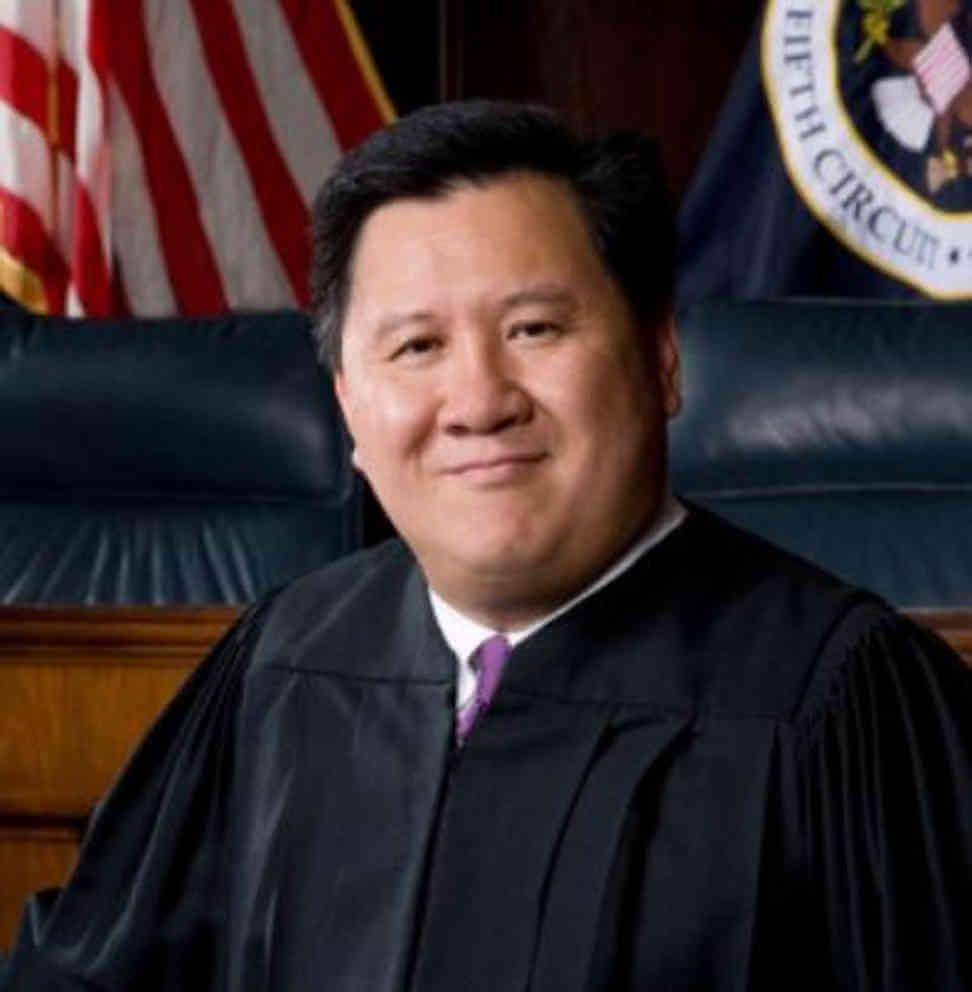A federal appeals court has ruled that the State of Texas did not violate a transgender inmate’s Eighth Amendment right against cruel and unusual punishment by denying her gender confirmation surgery.
In a two-to-one vote, the Fifth Circuit Court of Appeals, ruling on March 29 in a suit brought by inmate Vanessa Lynn Gibson, found that the state may categorically refuse to provide gender confirmation surgery as a treatment for gender dysphoria, regardless of the individual inmate’s needs.
The majority opinion was written by James C. Ho, nominated by President Donald Trump to fill one of the long-standing Fifth Circuit vacancies preserved by Senate Majority Leader Mitch McConnell’s determined effort to block Barack Obama from filling vacancies during his second term. Ho was previously solicitor general of Texas and active in the conservative Federalist Society. Joining Ho’s opinion was Circuit Judge Jerry Edwin Smith, appointed to the court by Ronald Reagan. The dissenter was Senior Circuit Judge Rhesa Hawkins Barksdale, who was appointed by George H. W. Bush.
Gibson is identified in court documents as Scott Lynn Gibson (a/k/a Vanessa Lynn Gibson), and Ho’s opinion uses male pronouns, claiming she does not object to that even though in the papers she filed on her own in district court she used female pronouns. She represented herself in district court, but the Fifth Circuit panel appointed Stephen L. Braga, of the University of Virginia Law School’s Appellate Litigation Clinic, to represent her on appeal. Gibson, who was incarcerated for aggravated robbery and in prison was convicted of murder, is eligible for parole beginning in 2021. She has identified and lived as female since she was 15, though she did not have a gender dysphoria diagnosis when she was first incarcerated.
In prison, Gibson attempted self-castration and suicide, and was subsequently diagnosed with gender dysphoria, though prison officials maintain she is not currently suicidal. Despite her living as a woman and her gender dysphoria diagnosis, a fact accepted by the Fifth Circuit, she is housed in a men’s prison. Though she has received counseling and hormone therapy, Gibson maintains that surgery is necessary to ameliorate her condition.
The Texas Department of Criminal Justice’s policy on transgender inmates is that they be “evaluated by appropriate medical and mental health professionals and have their treatment determined on a case by case basis,” reflecting the “current, accepted standards of care.” Doctors for the prison system have repeatedly denied Gibson’s request for surgery because the policy does not “designate [sex reassignment surgery] as part of the treatment protocol.”
Judge Ho’s opinion rests on two propositions. Under the Eighth Amendment’s text and case law concerning inmates’ rights to medical treatment, denying treatment that is controversial within the medical profession and has rarely been provided to inmates is not unconstitutional. By Ho’s account, only once in the nation’s history has any state prison system provided sex reassignment surgery to an inmate, when California recently settled a lawsuit by agreeing to do so. The treatment, then, in Ho’s view is rare, and denying it is not at odds with the Eighth Amendment’s bar on punishments that are cruel and unusual.
On the question of whether gender confirmation surgery is controversial, Ho relied on the First Circuit’s 2014 decision in Kosilek v. Spencer, which found that a Massachusetts transgender inmate serving a life sentence without chance of parole was not entitled to receive such treatment. Ho observed that the First Circuit found that expert testimony is sharply divided over whether sex reassignment is necessary treatment, and so he concluded that there is “serious dispute” within the medical profession about its necessity. In fact, there is no judicial consensus about whether sex reassignment surgery is a necessary treatment for gender dysphoria, and no federal appeals court, ruling on the merits, has ordered a state to provide it to a transgender inmate. As a result, Ho found, it is not “deliberate indifference” by the Texas corrections system to categorically refuse to provide such treatment.
Judge Barksdale’s dissent argued that Gibson had not been afforded the chance at the district court to present evidence beyond her factual assertions. As a result, Barksdale dissented from “the majority’s reaching the merits of this action, which concerns the Eighth Amendment’s well-established requirements for medical treatment to be provided prisoners.”



































